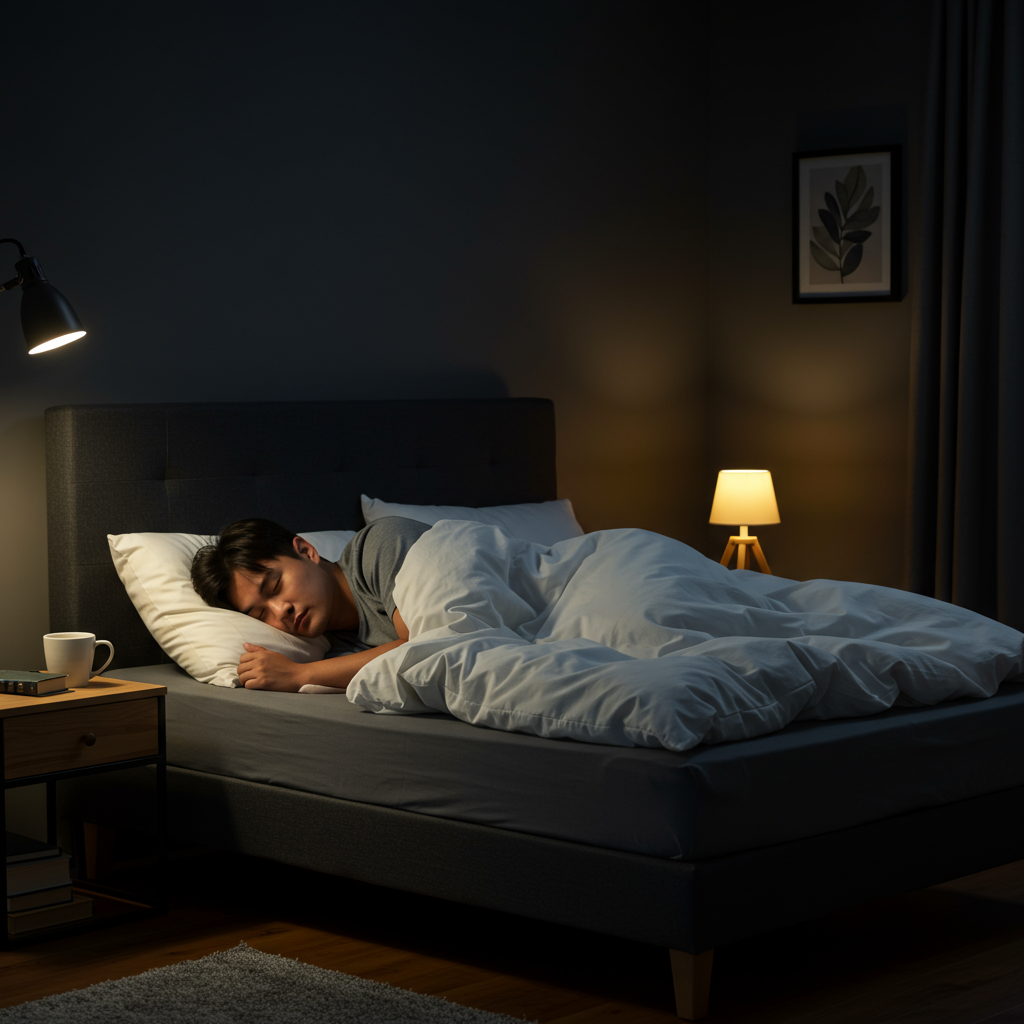
Unlocking better days often starts with a good night’s sleep. The connection between sleep and mental health is profound, impacting everything from our mood and focus to our ability to manage stress and make sound decisions. This isn’t just about feeling tired; inadequate sleep can significantly exacerbate existing mental health conditions and even contribute to the development of new ones.
Consider the intricate dance between our brain and body during sleep. It’s a time of restoration and repair, where our minds process the day’s events and consolidate memories. Crucially, sleep regulates essential neurotransmitters like serotonin and dopamine, which play vital roles in mood regulation, motivation, and overall well-being. When sleep is disrupted, these delicate balances are thrown off, leaving us vulnerable to emotional instability and increased anxiety.
For those struggling with conditions like depression and anxiety, sleep disturbances are often a common symptom, creating a vicious cycle. Difficulty falling asleep, frequent awakenings, and early morning awakenings can intensify feelings of hopelessness and worry, making it even harder to get the restorative sleep the body craves. Breaking this cycle is key to managing these conditions effectively.
The impact of sleep deprivation extends beyond diagnosed mental health conditions. Even in individuals without pre-existing vulnerabilities, chronic sleep loss can lead to irritability, difficulty concentrating, impaired judgment, and a decreased ability to cope with stress. Imagine trying to navigate a complex project or a challenging conversation after a night of tossing and turning. The mental fog and emotional reactivity that result can significantly hinder our ability to function effectively.
So, what can we do to prioritize sleep and safeguard our mental well-being? Establishing a consistent sleep schedule is paramount. Going to bed and waking up around the same time each day, even on weekends, helps regulate our body’s natural sleep-wake cycle, promoting more restful sleep. Creating a relaxing bedtime routine, free from screens and stimulating activities, can also signal to our brains that it’s time to wind down.
Beyond these lifestyle changes, addressing underlying medical or psychological issues contributing to sleep difficulties is essential. If you’re struggling with persistent sleep problems, consulting a healthcare professional can help identify any underlying causes and develop a personalized treatment plan. This may involve cognitive behavioral therapy for insomnia (CBT-I), medication, or other interventions tailored to your specific needs.
Investing in quality sleep is an investment in our overall health and well-being. By prioritizing sleep, we not only improve our mood, focus, and resilience but also equip ourselves to better navigate the challenges of daily life and build a foundation for a brighter, more fulfilling future. Remember, unlocking better days often starts with the simple act of closing our eyes and embracing the restorative power of sleep.



